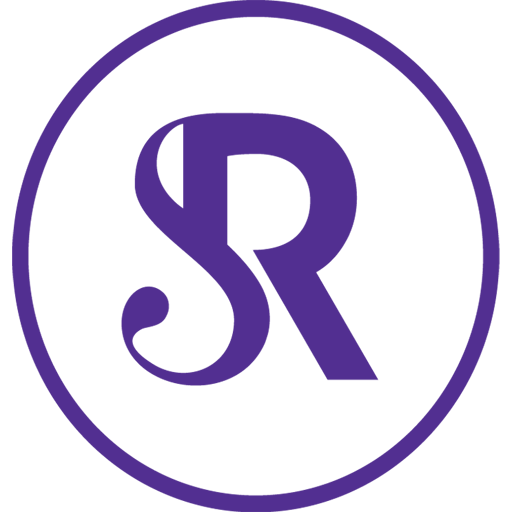Sugar free adventures, Day 4
Here’s how the day broke out:
- Breakfast of eggs, squash, spinach, hummus.
- Lunch: steamed greens, omega 3 dressing, and a chunk of sweet potato.
- Dinner: turkey, walnuts, squash.
- And my yummy stevia, unsweetened almond milk, cocoa delight.
So…no rice, no flours, just whole plain recognizable foods full of goodness. Wasn’t hungry for hours after my solid breakfast. For a gal who routinely lives on coffee for the first four hours of the day, eating something substantial in the AM seems decadent! I’m growing curious about taking a more deliberate paleo approach to my “no sugar month”, but have a few questions.
For example, are my beloved hummus and the cream in my coffee “legal?” Do I need to replace cream with grass-fed butter and bullet proof it up (um, by the way, bulletproof coffee is one of the most delicious things ever…but you do need a blender). And is hummus okay? Legumes? Squash okay? For me, the “you can eat duck, quail, rabbit, bison, or lamb!” is not tempting diversification. I’m currently seeking advice on some paleo twitter feeds to see what I can turn up (and I’m also curious about what kind of response I get through twitter pleas, never having gone the route of relying on the kindness of social media strangers).
So everyone, any suggestions? Or- more importantly – any sugar and flour free favourite treats in your recipe books to keep me strong when the days get a-weary?
Right now the novelty of eating as many nuts as I want is pretty intoxicating….but that may wane after I empty a few more bags of walnuts.
Love your Anti-Sugar-Plum Fairy.








